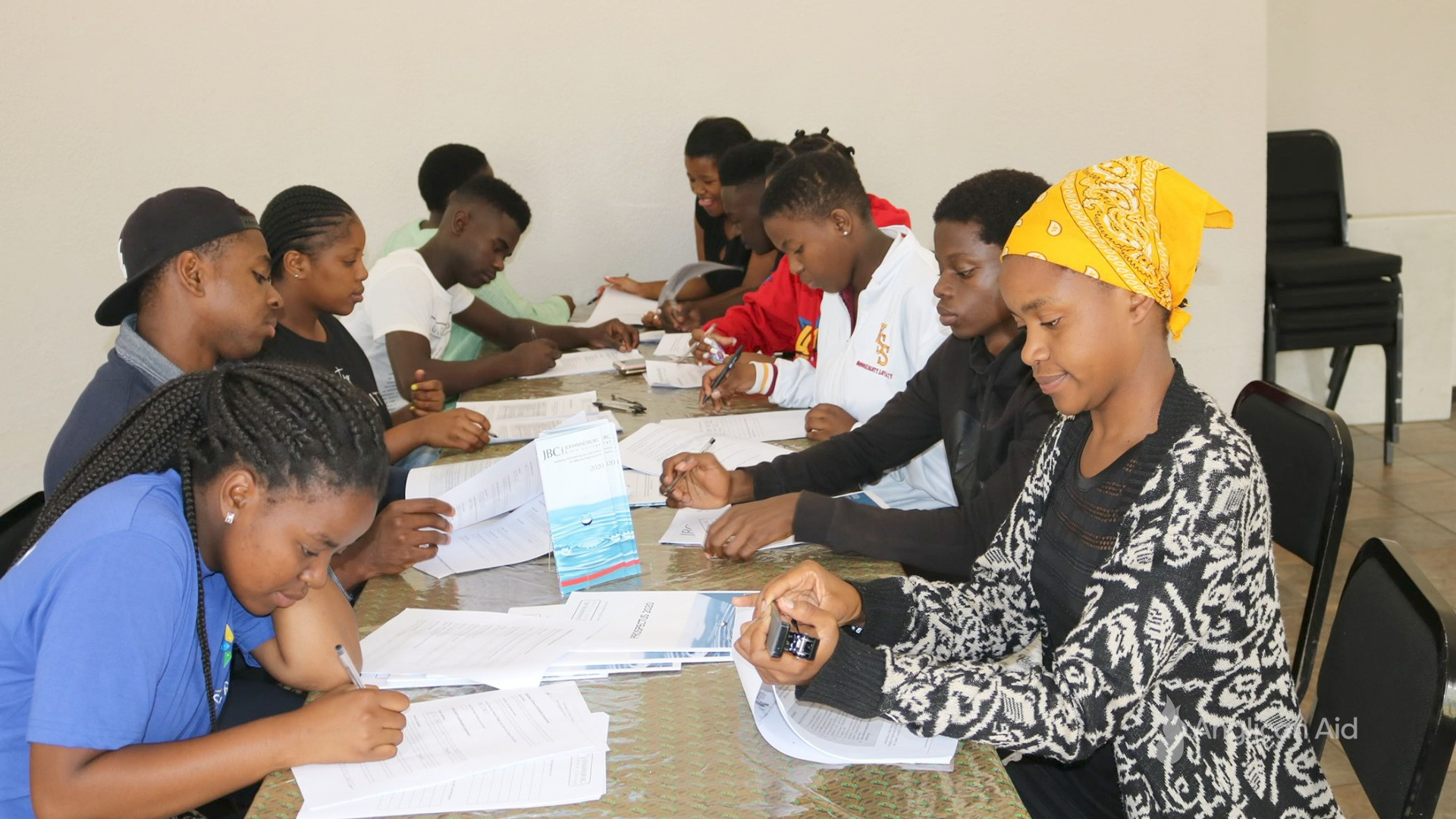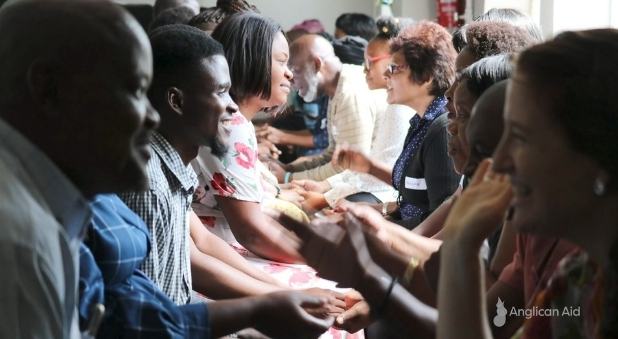“My mother was a witch doctor. She devoted me to her gods expecting me to inherit her work. But by the grace of God I was chosen by the almighty God to be purified and used for his glory.”
This is the story Meshack from the Rorya Diocese in Tanzania shared at an Anglican Aid virtual launch event, heralding the start of a significant new sponsorship program for Bible college students.
Meshack, who is married with five children, hopes to study at Uganda Christian College. He says a sponsor for further theological study will help him “serve the Almighty God in a proper way and be more help to the people of God”.
Speaking at the event of the needs in the developing world, Dr Peter Jensen said, “We are dealing with a problem of success, not with a problem of failure”.
Dr Jensen, who is the director of the theological education network for the Global Anglican Future group, or GAFCON, was upbeat as he outlined the problem.

“In so many of the countries of Asia and Africa the church is exploding,” he said. “Evangelism is going on and people are coming to know the Lord. Unfortunately, so many of those who take responsibility for being pastor-teachers have not themselves been taught. There is a lack of training. It's not their fault, it's simply that the church is expanding and someone needs to take that responsibility.”
He added that the stakes are high, as churches are exposed to false teaching.
“In some churches, lay leaders are appointed according to the size of their wallets rather than their Christian maturity.”
“It's easy for those who teach a social gospel, for example, for those who promote liberalism or who promote prosperity teaching. It's so easy to come in and take the church members away because our people have not been taught the significant truths of the word of God because their leaders have not been taught.”
Pastor Samuel Majok, who leads the South Sudanese congregation at Oakhurst Anglican Church, knows these issues first-hand. “In some cases, because pastors want to retain wealthier new visitors to church, they tend to fast track them into membership and baptism, even leadership,” he says.
“This has been very unfortunate. In some churches, lay leaders are appointed according to the size of their wallets rather than their Christian maturity. Thanks to Anglican Aid and to all other supporters of Bishop Gwynne College in Juba, South Sudan, already hundreds of full-time students have been sponsored in Bible colleges across Africa."
Pastor Majok was only one of a line of speakers who strongly backed the new initiative.
“We are in the midst of a culture war within Anglicanism,” said Canon Ashley Null, chairman of the Alexandria School of Theology (AST), by video link. “So often, biblical faithful exposition is seen as a Western idea, being imposed upon the rest of the Communion.
“As AST continues to strengthen as an institution of biblical faithfulness in Africa, led by Africans, it will have a great influence in shaping mainstream Anglicanism in the 21 century. Therefore, when people sponsor students, they are not only helping that student – which is incredibly important – they are also investing in an institution that will increasingly play an important role in shaping the communion."
Anglican Aid’s director the Rev Tim Swan went even further, declaring, “Training can have a significant impact on a church, a diocese and even a nation for eternity. The most effective way of strengthening the church around the world is by sponsoring Bible college students.”
“My desire is to preach the truth of the Bible as God wants.”
But perhaps the most striking testimony about the new sponsorship program came from prospective students like Meshack. Another person keen for sponsorship, Mxo from Inchanga in South Africa, spoke of his hope to study a Bachelor of Theology at George Whitefield College in Cape Town.
“Seeing that the false gospel is becoming popular in our rural areas and everywhere in the world, after finishing my studies I would like to go back to my rural area and pastor a church there,” he said.
“Without the proper understanding of the word of God it is easy to preach heresy. I need the training to help me to know the Lord better, and to love him more.
“Our brothers and sisters are giving their hard-earned money to the false gospel – this shows the need for the Bible training. My desire is to preach the truth of the Bible as God wants.”
Visit here for more information about the scholarship program.






















